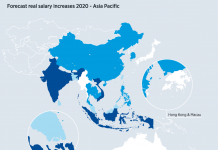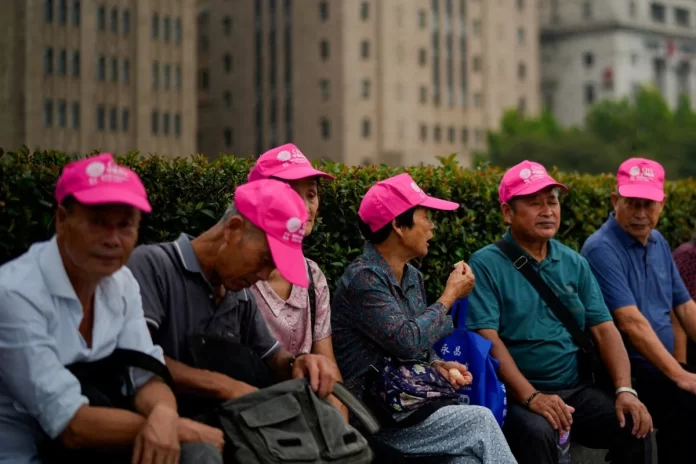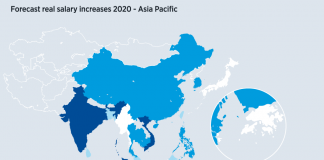China’s top legislature has reviewed a plan to gradually raise the retirement age, months after the ruling Communist Party’s Central Committee proposed it be lifted in a “voluntary and flexible” way. The retirement age has been in place since 1951 and is among the lowest in the world. It is currently 60 for men, 55 for women in white-collar jobs and 50 for women in blue-collar jobs.
Lawmakers on Tuesday discussed a “draft decision on the implementation of a gradual increase in the mandatory retirement age” submitted by the State Council, China’s cabinet, official news agency Xinhua reported. Human Resources and Social Security Minister Wang Xiaoping presented the draft at the meeting of the Standing Committee of the National People’s Congress, the top legislative body whose current session runs until Friday. The draft plan has not yet been made public.
It comes as China’s leadership has repeatedly called for the retirement age to be delayed in recent years, as the country faces growing pressure from a declining birth rate and an ageing population. In July, senior cadres and officials at the Central Committee’s third plenum proposed that the retirement age gradually be lifted – a reform expected to be completed within a few years – and the “silver economy” developed to create more jobs for older people.
With the draft plan now before lawmakers, the move has drawn heated debate in China. It was the top trending topic on microblogging site Weibo on Tuesday, with many people saying they were unhappy about the prospect of having to work longer. Mo Rong, head of the Chinese Academy of Labour and Social Security, told party mouthpiece People’s Daily that the decision was “a major reform based on China’s economic, social and demographic development needs, and was made after long-term consideration”. Mo noted that the average time spent in education among China’s workforce had gone from eight years in 1982 to 14 years in 2023. He said if the retirement age stayed the same “the shortened average working years will lead to problems such as a lower utilisation rate of human capital”. Mo said delaying the retirement age was “objectively necessary and practically urgent” and an “inevitable choice” for China to “adapt to the new population norm”.
The birth rate – which has been falling for decades – reached a record low in 2023 of 6.39 per 1,000 people, and Beijing is struggling to figure out how to care for its rapidly ageing population. State broadcaster CCTV reported on Tuesday that the population aged over 60 would exceed 400 million by around 2035 – accounting for more than 30 per cent of the total – and the country would then enter a “heavily ageing phase”. Meanwhile, the main urban state pension fund, the backbone of the country’s retirement system, is expected to dry up by 2035, according to a 2019 government-backed report by the Chinese Academy of Social Sciences.
SCMP




















